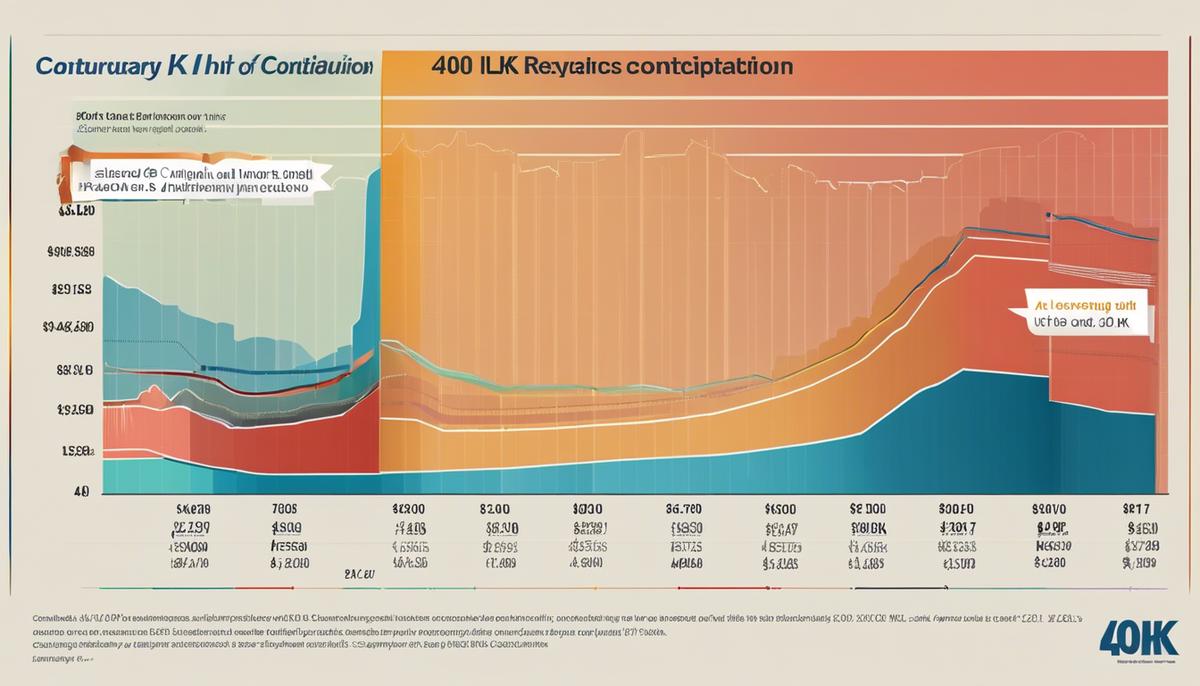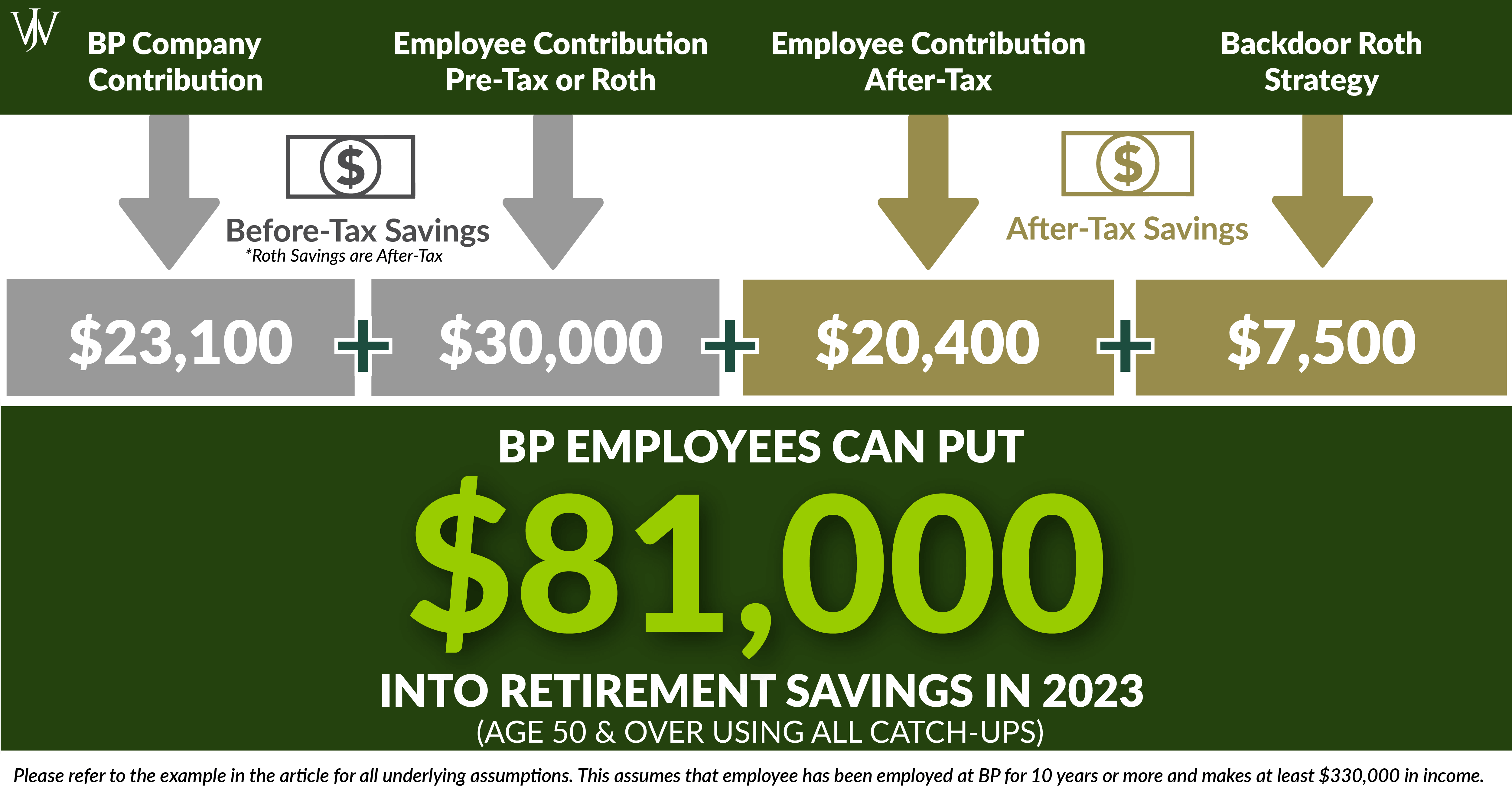Table of Contents
- 2024 401k Contribution Limits Irs - Johna Madella
- Max Tfsa Contribution For 2024 Over 50 - Bevvy Chelsie
- What Is The Max Tfsa Contribution For 2024 - Ibby Randee
- 401(k) Contribution Limits Guide 2024 - New IRA Rules
- Here's the Latest 401k, IRA and Other Contribution Limits for 2024
- 2024 Tfsa Maximum Contribution - Dede Monica
- What Is The Max Tfsa Contribution For 2024 - Ibby Randee
- The TFSA contribution limit for 2024 will now be ,000. It currently ...
- 2024 Roth Ira Contribution Limits 401k Calculator - Rubie Annemarie
- Tax Changes You Should Know for 2024: 401(k) Limits, Tax Brackets and ...



Types of Retirement Plans


- 401(k) Plans: Employer-sponsored plans that allow employees to contribute a portion of their salary to a retirement account on a pre-tax basis.
- Individual Retirement Accounts (IRAs): Self-directed plans that enable individuals to save for retirement with tax-deductible contributions.
- Roth IRAs: Similar to traditional IRAs, but contributions are made with after-tax dollars, and withdrawals are tax-free.
- Simplified Employee Pension (SEP) Plans: Plans that allow self-employed individuals and small business owners to make tax-deductible contributions to a retirement account.


Benefits of Retirement Plans


- Tax Advantages: Contributions to retirement plans may be tax-deductible, reducing an individual's taxable income.
- Compound Interest: Retirement accounts can earn interest, allowing savings to grow over time.
- Employer Matching: Many employers offer matching contributions to 401(k) plans, essentially providing free money for retirement savings.
- Disciplined Savings: Retirement plans encourage individuals to save regularly, developing a habit that can lead to a more secure financial future.

IRS Regulations and Guidelines
The IRS plays a crucial role in regulating retirement plans, ensuring that individuals and employers comply with the rules and guidelines. Some key regulations include:- Contribution Limits: The IRS sets annual contribution limits for retirement plans, such as $19,500 for 401(k) plans in 2022.
- Eligibility Requirements: The IRS determines who is eligible to contribute to retirement plans, such as income limits for IRA contributions.
- Withdrawal Rules: The IRS regulates when and how individuals can withdraw funds from retirement accounts, including rules for required minimum distributions (RMDs).
Remember to consult with a financial advisor or tax professional to determine the best retirement plan for your individual circumstances and to ensure compliance with IRS regulations.